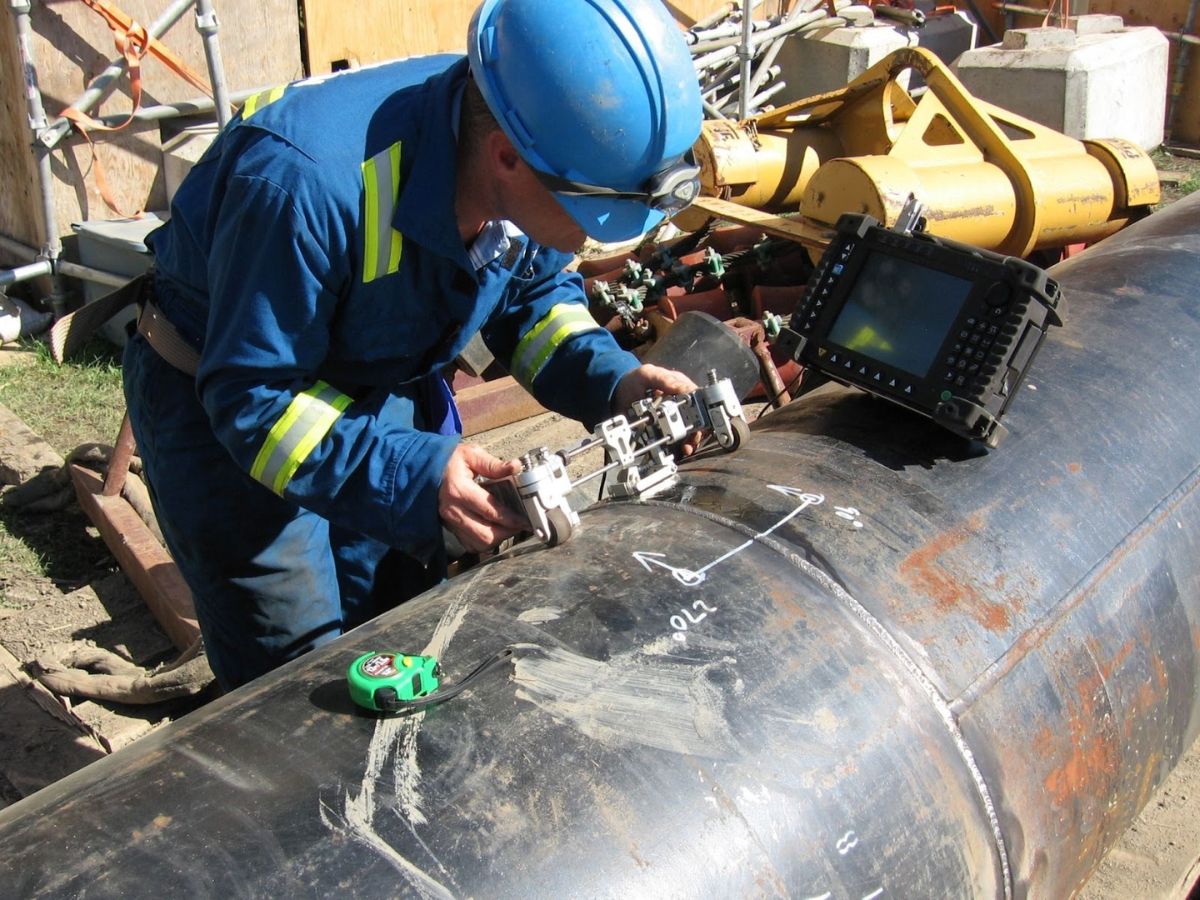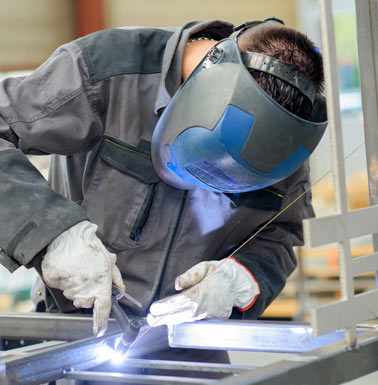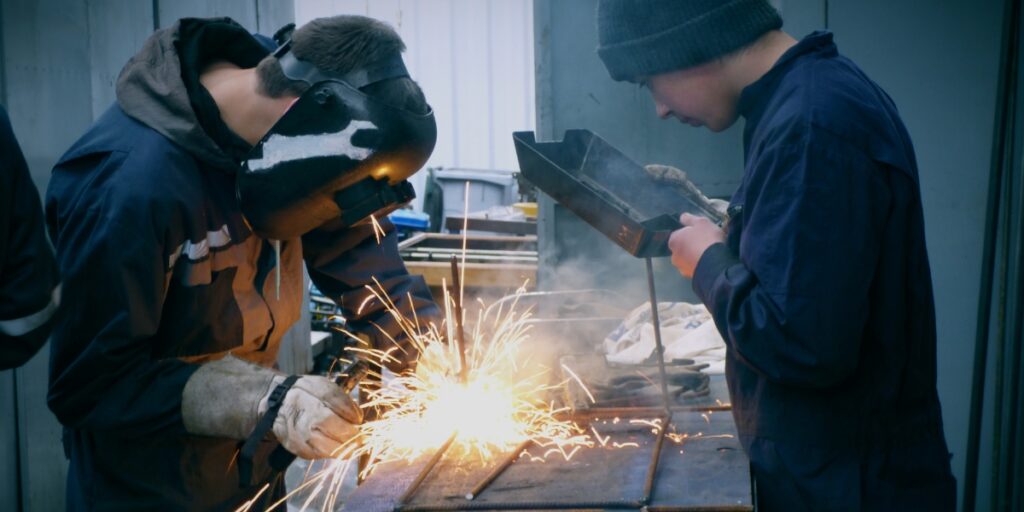The Importance of Precision in Custom Metal Fabrication
Introduction
In the ever-evolving world of manufacturing, custom metal fabrication stands as a cornerstone of innovation and design. From intricate components in aerospace engineering to robust structures in construction, precision is paramount. This article delves deep into The Importance of Precision in Custom Metal Fabrication, exploring its many facets, challenges, benefits, and best practices. As industries increasingly rely on custom solutions, understanding the nuances of precision becomes vital for engineers, fabricators, and clients alike.
The Importance of Precision in Custom Metal Fabrication
Precision in custom metal fabrication isn’t just a buzzword; it's a necessity. Think about it: when you’re designing a component that needs to fit perfectly within an assembly or withstand specific loads, even the tiniest error can lead to catastrophic failures. The importance of precision cannot be overstated; it ensures functionality, safety, and durability.
What Defines Precision in Metal Fabrication?
To grasp why precision matters so much in metal fabrication, we must first define it.
- Accuracy: The degree to which a fabricated part matches the desired specifications.
- Consistency: The ability to produce identical parts repeatedly without variation.
- Tolerance: The acceptable limit or limits of variation in physical dimensions.
When these elements align perfectly, the result is high-quality products that perform reliably under various conditions.
Why Is Precision Crucial?
Key Processes in Custom Metal Fabrication
1. Cutting Techniques
1.1 Laser Cutting
Laser cutting provides exceptional accuracy with minimal kerf loss. This technique is particularly effective for intricate designs where precision is essential.
1.2 Water Jet Cutting
Water jet cutting uses high-pressure water mixed with abrasive materials to cut through metal with high precision without thermal distortion.
2. Welding Methods
Welding is a critical step where precision plays an indispensable role.
2.1 MIG Welding
Metal Inert Gas (MIG) welding is popular for its speed and versatility but requires skilled operators to maintain precision during welds.
2.2 TIG Welding
Tungsten Inert Gas (TIG) welding offers greater control over weld quality but demands higher skill levels and practice.
Benefits of Precision in Custom Metal Fabrication
Enhanced Product Quality
Quality assurance hinges on precision; accurate measurements lead to fewer defects and improved end products that meet specifications perfectly.

Increased Customer Satisfaction
When clients receive precisely fabricated components that function seamlessly within their applications, their satisfaction skyrockets—resulting in repeat business.
Challenges Faced in Achieving Precision
Material Variability
Different metals have unique properties that can affect how they respond to various fabrication processes. Understanding these nuances helps enhance consistency across batches.

Human Error
Despite advanced technology, human factors play a significant role in maintaining precision during fabrication processes—proper training and attention to detail are vital!
Best Practices for Ensuring Precision
Use Technology Wisely
Investing in advanced machinery like CNC machines can minimize human error and enhance accuracy across various processes—an invaluable asset for any fabricator aiming for excellence!
Implement Rigorous Quality Control Measures
Adopt strict inspection protocols at every stage of production—from raw material sourcing through final assembly—to catch errors before they escalate into costly problems.
Tips for Welding with Precision
Understanding Aluminum Welding Techniques
Aluminum poses unique challenges due to its properties such as thermal conductivity and oxidation tendency—using the right approaches can make all the difference:
- Utilize proper filler materials tailored for aluminum.
- Employ pre-heating techniques when necessary.
- Maintain clean surfaces free from contaminants before welding begins.
Welding Tips for Better Results
Here’s a quick list of handy welding tips:
FAQ Section
1. What are common methods used in custom metal fabrication?
Common methods include laser cutting, water jet cutting, bending, stamping, machining, and various welding techniques like MIG and TIG welding.
2. Why is tolerance important?
Tolerance ensures that parts fit correctly together without issues during assembly or operation; it’s crucial for maintaining functionality and safety standards.
3. How do I choose the right metal for my project?
Consider factors such as strength requirements, weight limitations, corrosion resistance needs, cost considerations—generally speaking; consult with material specialists if you’re unsure!
4. Can I achieve high precision with manual welding?
While possible with skilled hands-on techniques like TIG welding; achieving consistent high precision often requires automated processes or specialized equipment designed specifically for this purpose.

5. What role does technology play in enhancing precision?
Advancements such as CNC machining ensure tight tolerances while reducing human error; other software tools help visualize designs accurately before physical production begins!
6. How can I ensure my fabricator maintains quality standards?
Look for certifications (ISO standards), ask about their quality control procedures & request samples from previous projects—they should readily provide evidence showcasing their capabilities!
Conclusion
In conclusion, The Importance of Precision in Custom Metal Fabrication cannot be emphasized enough—it’s fundamental not only for producing superior products but also for ensuring safety across industries that rely on precise engineering solutions every day! By embracing modern techniques while adhering strictly to established best practices—including thorough planning & rigorous inspections—you’ll pave the way toward achieving unwavering excellence within your operations!